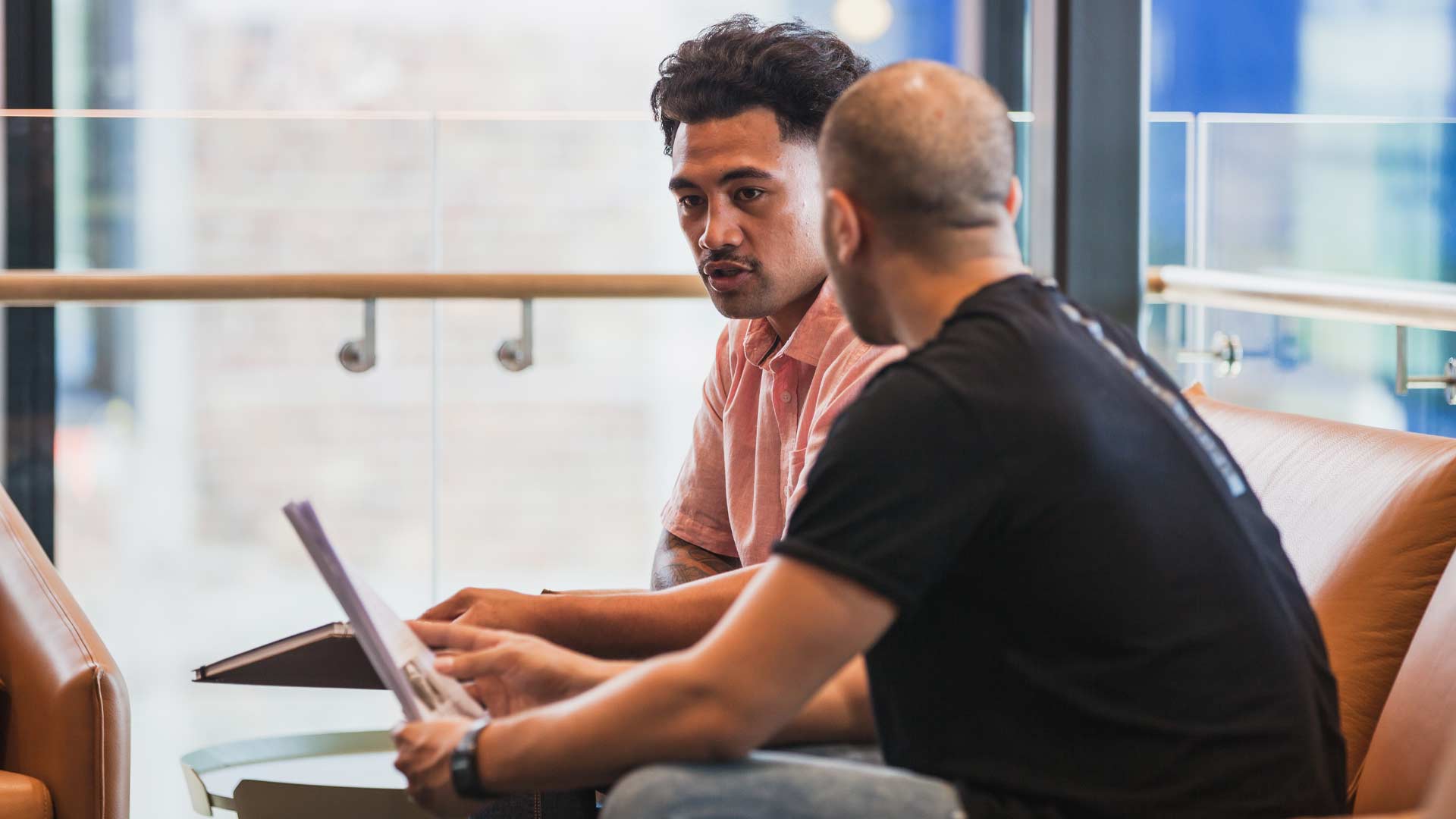Careers advice
How to answer the 'your biggest weakness' interview question (with examples)
This question can seem scary, but there are some easy tactics you can use to answer it well.
Last updated: 13 November 2025
What you’ll learn:
The biggest weakness question is a common one in NZ job interviews.
Why do interviewers ask the biggest weakness questions?
Talking about weaknesses in job interview: the approach
1. Talk about something non-essential
2. Show you’re working on it
3. Be positive
Use open and honest body language when talking about your weaknesses.
4. Don’t be cliched, or too honest
Good examples of weaknesses to use in a job interview
1. Public speaking
2. Delegating tasks
Public speaking is a popular weakness to choose in job intervierws.
3. I get nervous providing feedback
4. Getting impatient when projects run over
5. Being too blunt
6. I struggle to ask for help
7. I’m not good at saying no
Other good weaknesses to use in a job interview
Author
Other articles you might like






